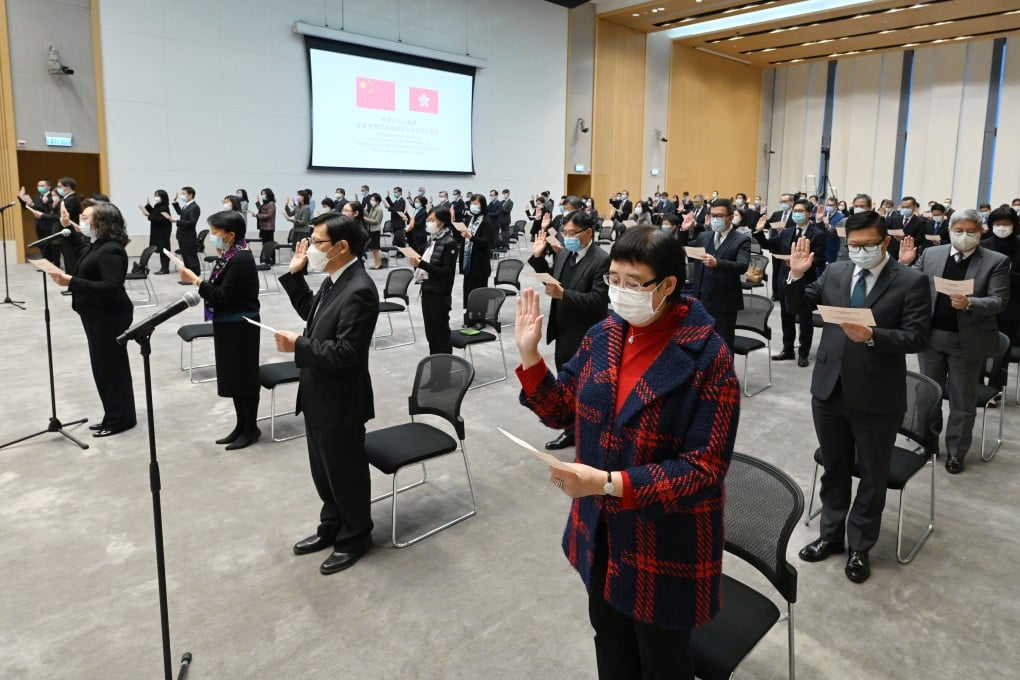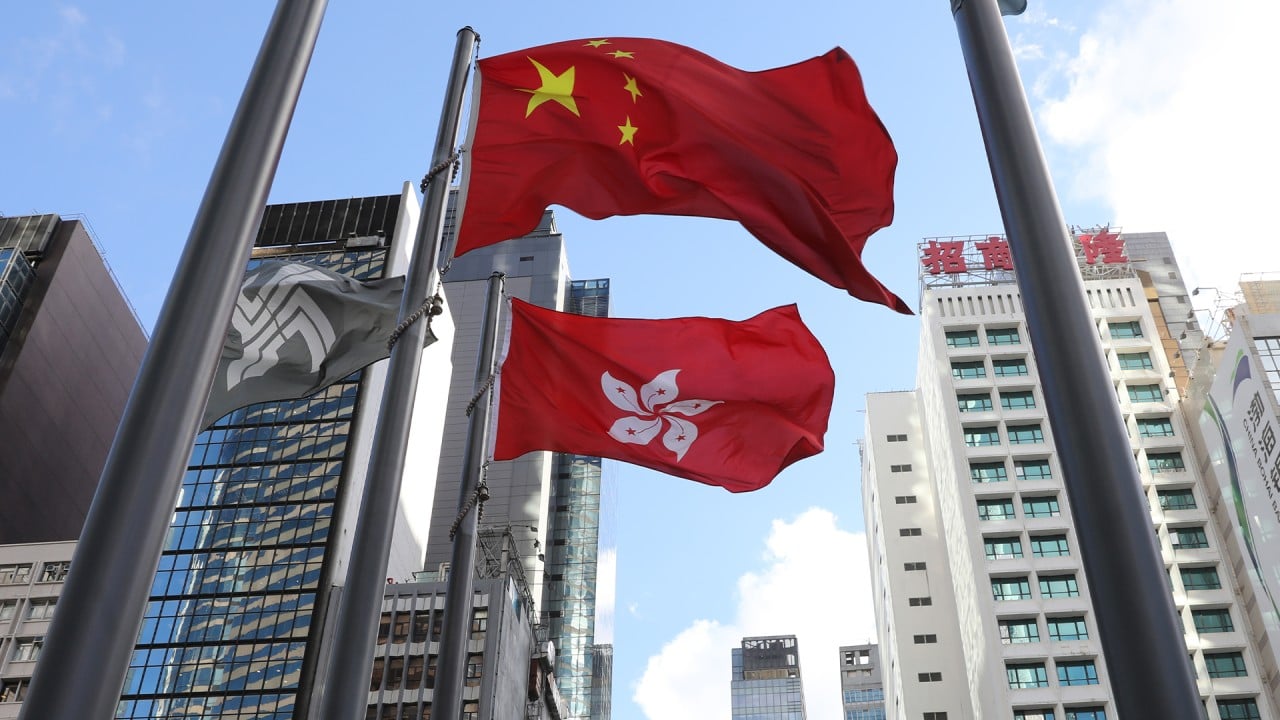Advertisement
Opinion | Hong Kong’s growing sense of identity as a Chinese city is natural and should be embraced
- 2020 was a watershed year for the SAR, with the introduction of the national security law and others that will strengthen its sense of belonging to China
- The city will take the transformation in its stride. Some Hongkongers will leave, but they will be replaced by others drawn to the possibilities of change
Reading Time:3 minutes
Why you can trust SCMP
10

With mass coronavirus vaccinations set to be available next month, the possibility for Hong Kong to return to some semblance of normality seems to be on the horizon. Yet, 2021 will see the city adjusting to a new normal, one that is underscored by a more defined national identity and a stronger sense of belonging in its relationship with the rest of China.
While Hong Kong has reverted to being an integral part of China since the transfer of sovereignty in 1997, 2020 marked a watershed for Hong Kong’s cognisance of its contemporary identity.
On June 30, the Standing Committee of the National People’s Congress passed Hong Kong’s national security law, establishing boundaries in matters of sovereignty. The dignity of the March of the Volunteers is now safeguarded by the National Anthem Ordinance, which came into effect in the same month.
In October, the NPC Standing Committee endorsed amendments to the National Flag Law and the National Emblem Law, which will be implemented by amendments to Hong Kong’s National Flag and National Emblem Ordinance.

01:37
Turning Chinese flag upside down criminalised as Beijing applies new rules for Hong Kong and Macau
Turning Chinese flag upside down criminalised as Beijing applies new rules for Hong Kong and Macau
Recent events have shown that national sovereignty must be respected by legislators, who will otherwise be barred from holding office. Public officials are now required to take an oath pledging allegiance to China and Hong Kong.
Advertisement
